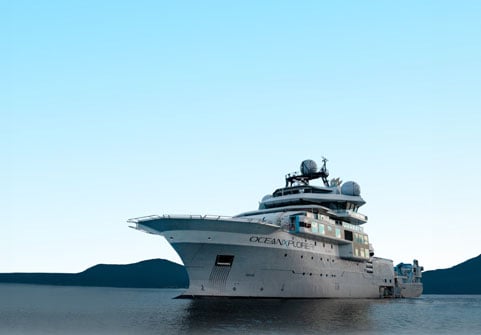Tourism & Conservation
Indonesia
Waste management
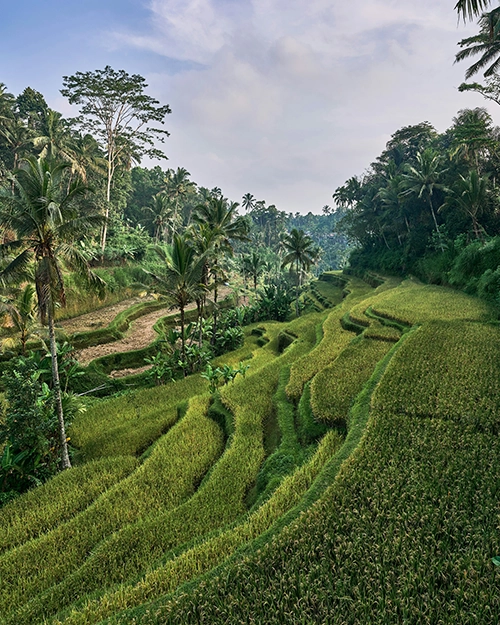
Eat, Pay, Leave: Tourism & Conservation
Indonesia II
In the early 20th century, Bali drew European writers, artists, and scholars. The 1960s brought a tourism boom, making it a major destination. The island's economy heavily depends on tourism, affecting culture and the environment. This program explores these issues. Through community immersion, service projects, and discussions, students explore potential solutions for responsible and sustainable tourism that respects local ecosystems, economies, and livelihoods.
“In the embrace of lush landscapes and temple echoes, Bali whispers ancient tales, inviting travelers to join its harmonious dance with nature.“
-
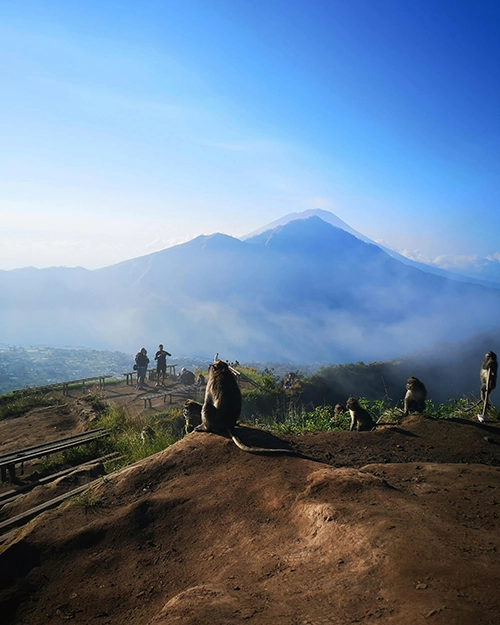
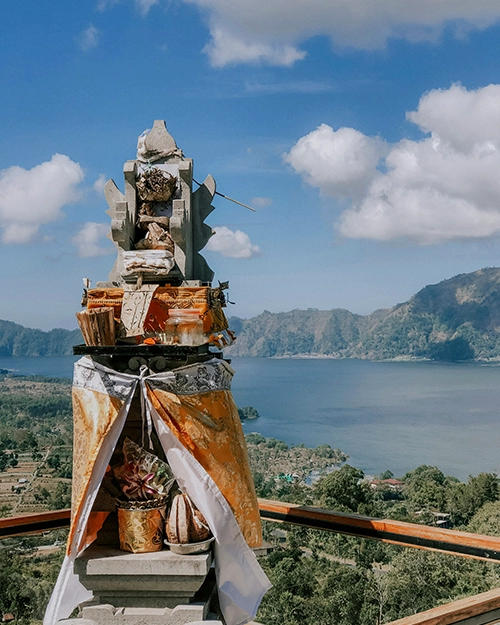
“Rice terraces climb, sunrise illuminates a spiritual journey of harmony.“
-
Day 1
Upon landing, the group meets Envoys leaders at the airport and heads to Kuta. Starting here, a hub of tourism and development, sets the stage for studying the island's challenges. Students establish goals, creating a full-value contract. Dinner at the beach follows, with local seafood specialties.
Day 2
In the morning, we visit Bali Sea Turtle Society, dedicated to protecting sea turtles and raising awareness. Then, we organize a beach clean-up on Kuta Beach, engaging fellow tourists and conducting a citizen science activity. The day concludes with a surfing lesson and leisure time on the beach.
Day 3
In Denpasar, we meet Bye Bye Plastic Bags, champions of the plastic ban in Bali. At Bamboo Creative, we craft eco-bricks, then explore the Museum of Space Available, showcasing recycled art. In Sanur, we visit the night market.
Day 4
We clean Sanur's beaches, explore traditional fishing boats, and head to IDEP Foundation for a permaculture presentation. Afterward, we visit Green School, have lunch, tour, and engage in a student exchange. We then travel to Ubud, our base for the remainder of the program.
Day 5
We meet Chakra Widia from the Tri Hita Karana foundation, exploring sustainable practices. Then, we tour a farming project, transitioning from monoculture to traditional methods. Afternoon visit to Merah Putih Hijau for waste management. The day ends with a scavenger hunt and interviews in Ubud.
Day 6
Morning visit to Yayasan Emas Hitam for sustainable agriculture. Afternoon at a spectacular waterfall for fun and meditation. Stop at Bali Not for Sale, an art project highlighting agricultural development issues. Evening workshop with ARTCycle Bali creating jewelry from scrap rubber.
Day 7
In the morning, we explore a local market, learn Balinese cooking in a family compound, and savor free time. Later, we dive into Gamelan music lessons with the founder of Bali Jaladara. We wrap up the day by participating in a Balinese temple ceremony with the community.
Day 8
Students embark on an early morning hike up Mount Batur, an active volcano, witnessing a sacred sunrise. We reflect on program experiences and enjoy breakfast. Then, we relax in thermal pools before visiting the revered Besakih Temple. We conclude the day with dinner in Ubud and an early bedtime.
Day 9
Early visit to Pura Tirta Empul for a ritual bath, famous for its spring water founded in 962AD. Then, if time permits, we explore the funerary complex of Gunung Kawi and lunch in Tegallalang over terraced rice paddies. Afternoon in Ubud with Monkey Forest and free time for exploration and shopping.
Day 10
After a final breakfast, we conduct a closing ceremony, where students share their takeaways from the program, how they hope to enact on their learning back home, and what they appreciated most about one another. We then transfer to the airport to begin our journey home.

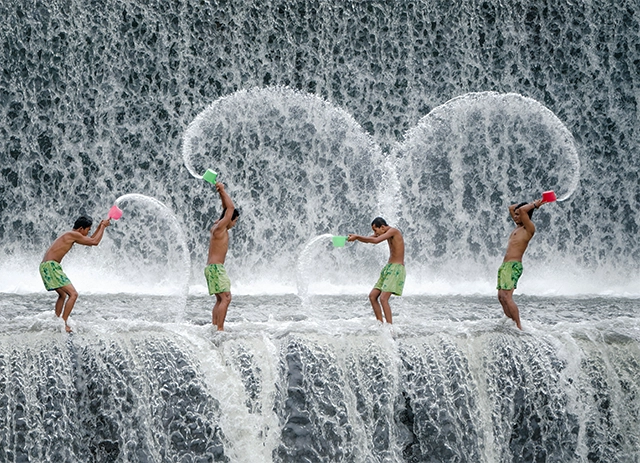
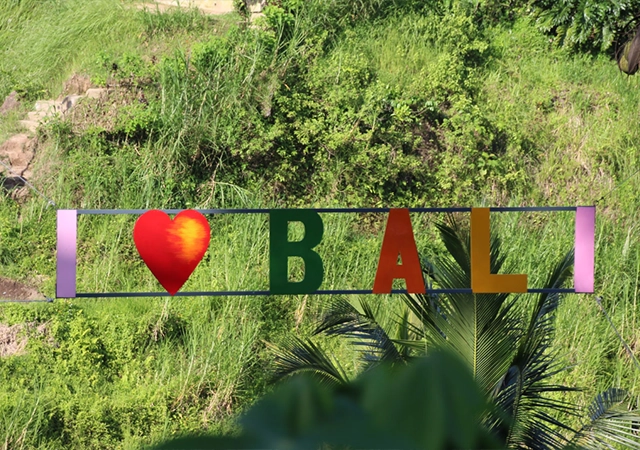
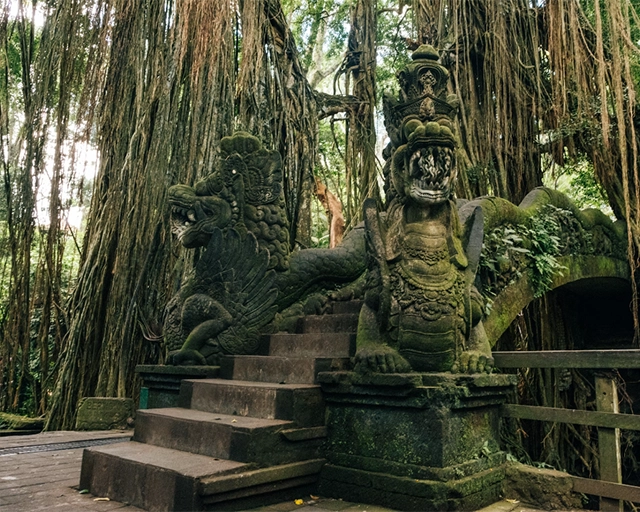
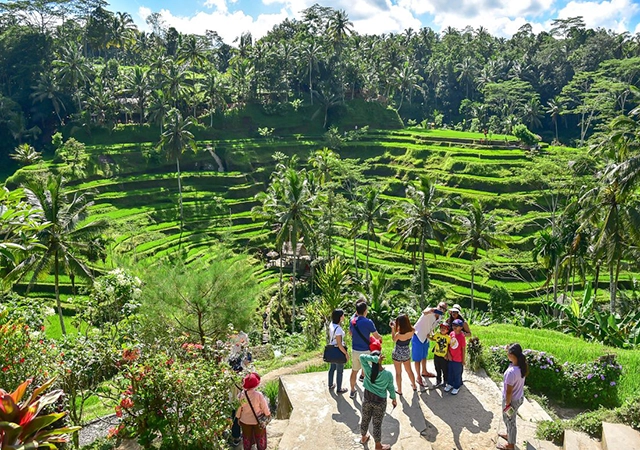
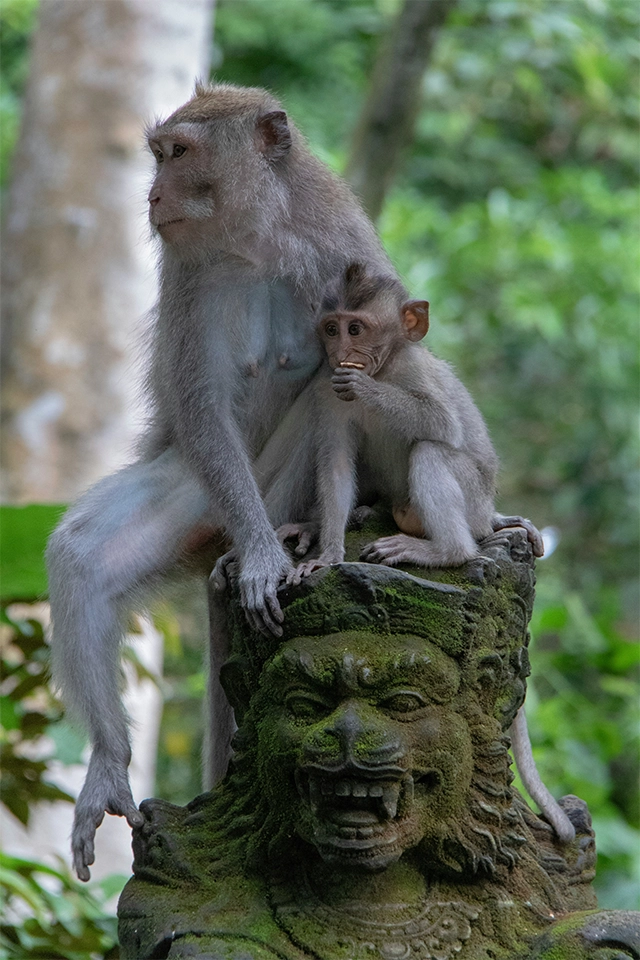
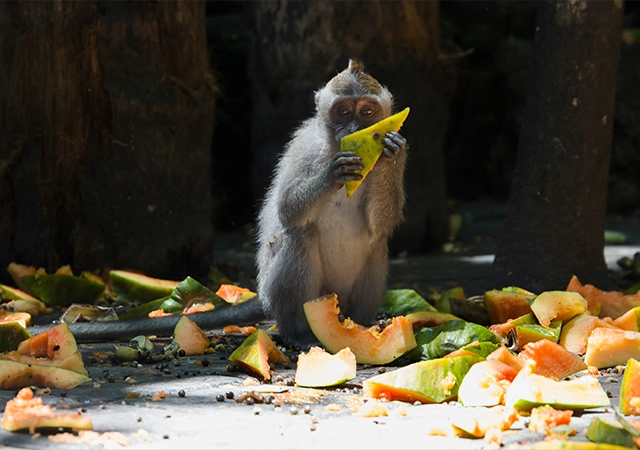
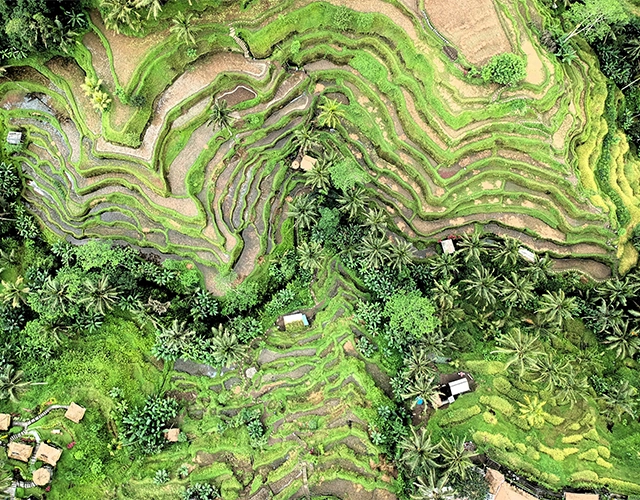
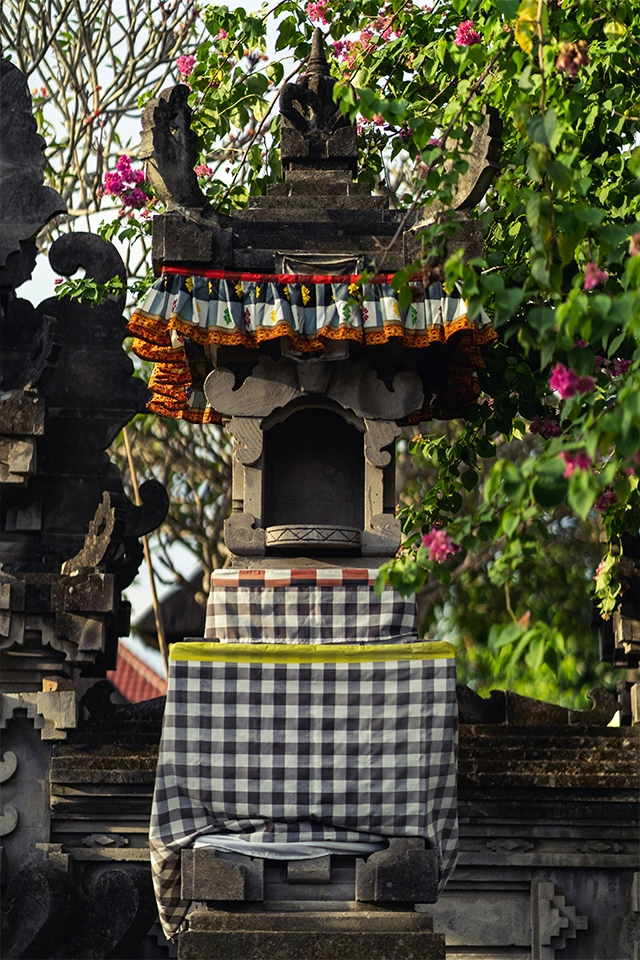
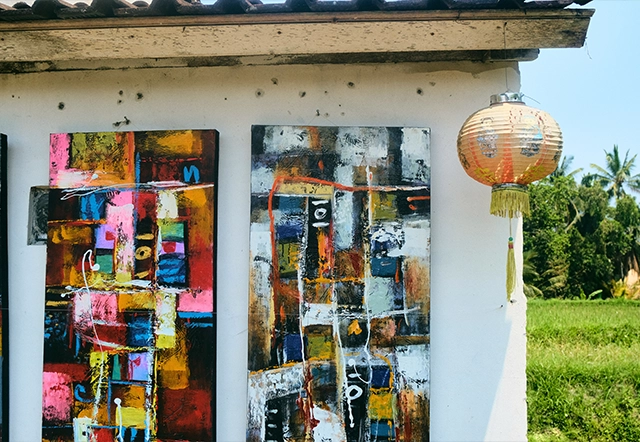
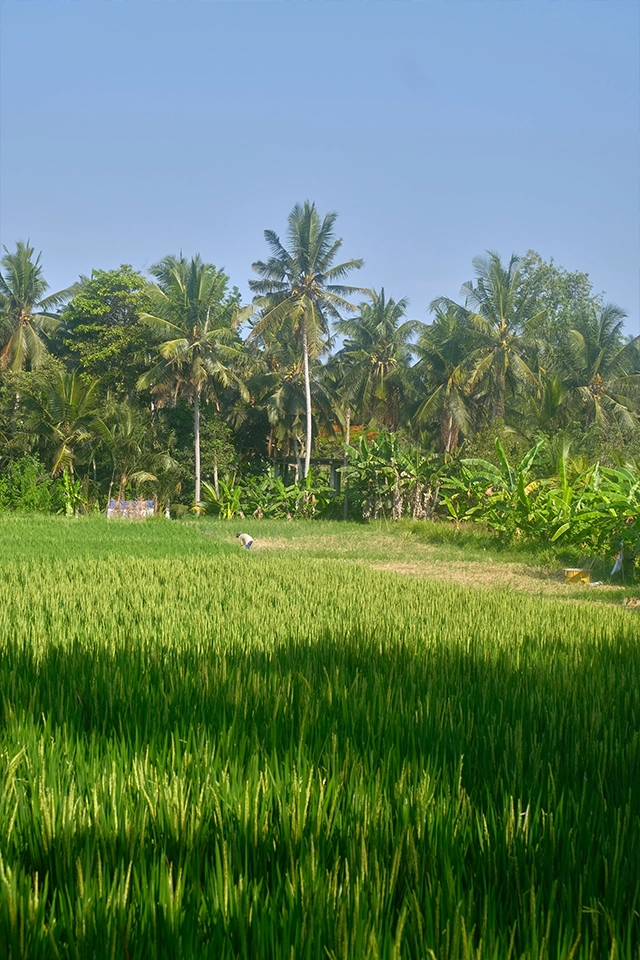
Lenses of Inquiry
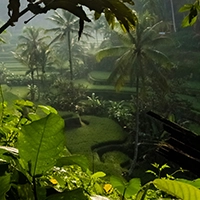
Bye Bye Plastic
Bali faced severe waste and pollution issues due to the proliferation of single-use plastics. In 2017, two sisters compelled the governor to ban single-use plastics by threatening a hunger strike. Our program examines its effectiveness, obstacles, and environmental strategies in our communities.
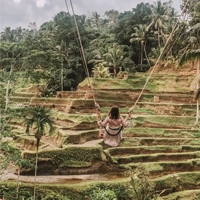
Ethical Tourism
Pre-pandemic, Bali hosted 6 million tourists annually; in 2021, it dropped to 45 due to airport closures. Tourism accounts for 60-70% of Bali's GDP, impacting the local economy. Our program explores efforts to diversify the economy by reconnecting with the land and promoting responsible tourism.
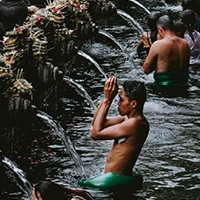
Spirituality
Balinese life centers around Tri Hita Karana—harmony with God, others, and nature. Our program explores how these spiritual traditions face challenges from external influences and examines efforts to preserve and pass down these values, integral to environmental conservation.
let us clear any
doubts you might have
At Envoys, we work to unite and educators from around the world to explore issues of global significance.
Do I need a visa to travel this destination?
Envoys is not a licensed insurance broker. However, families can easily request a quote and purchase insurance through our partner, Trawick International. Click here to get a quote. For assistance or any questions that may arise regarding insurance, you can contact Trawick international at 1-888-301-9289 or by email at info@TrawickInternational.com Non-US citizens are only legally allowed to purchase Safe Travels USA Comprehensive or Safe Travels International Cost Saver insurance plans from Trawick International.
What currency is used, and how can I exchange money?
The program maintains multiple lines of communication with the school, families, and Envoys main offices. The expedition will be equipped with local and international cell phones, a GPS transponder, and two-way radios. Program leaders will follow strict protocols to maintain a consistent flow of information. To ensure families are able to follow our trip, Envoys has custom-built a proprietary online platform to facilitate mobile uploading of information. Staff upload photos, videos, and postings feeds to the platform multiple times each day.
What vaccinations or health precautions do I need?
No one can guarantee freedom from harm, including accident, injury, illness, or death. A degree of risk is inherent in this program, as well as in all travel and outdoor activities. Potential hazards include severe weather, public disorder, interactions with non-program participants, lack of medical facilities, exposure to disease, and transportation accidents. Mental health issues may also be exacerbated through the stresses of a new experience.
Discover more learning experiences
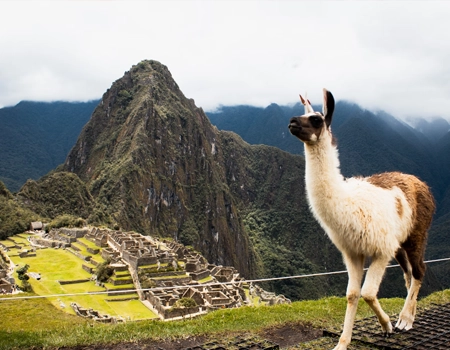

9 DAYS
Peru II
Journey through Peru's rich culture and breathtaking gastronomy on a student trip. A journey of learning and adventure!


10 DAYS
South Korea II
Experience the vibrant culture and modern cities of South Korea on an educational student journey. A journey of learning and adventure!


10 DAYS
Colombia IV
Entrepreneurship and Innovation in Colombia: A trip to Sustainable Solutions. A journey of learning and adventure!
